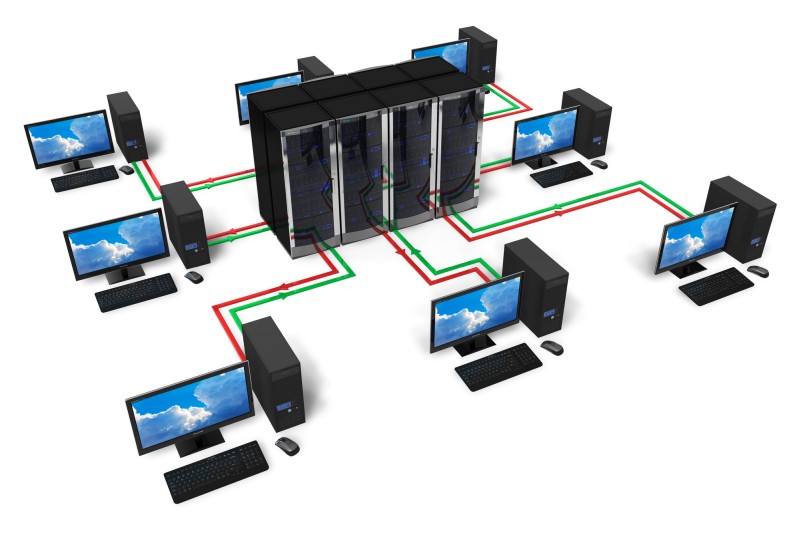What is a Server? A Comprehensive Guide to Types of Servers

In the digital age, servers are the backbone of the internet and the cornerstone of modern businesses. They are responsible for hosting websites, managing data, and supporting applications that power our daily online interactions. But what exactly is a server, and what are the different types of servers available? This article will delve into these questions, providing you with a clear understanding of servers and their various types.
What is a Server?
A server is a computer or a system that provides resources, data, or services to other computers, known as clients, over a network. Unlike regular personal computers, servers are designed to handle multiple simultaneous requests efficiently and operate continuously without interruption.
Servers come in various forms, depending on their specific functions. Some serve websites to users, others store and manage data, and some are tailored for specific applications. Their primary purpose is to ensure smooth communication and operation across networks, whether local (LAN) or global (the internet).
Types of Servers
Servers can be categorized based on their purpose and functionality. Here are some of the most common types:
1. Web Servers
- Purpose: Host websites and deliver web pages to users’ browsers.
- Examples: Apache, Nginx, Microsoft IIS.
- Use Cases: Powering blogs, e-commerce platforms, and corporate websites.
2. File Servers
- Purpose: Store and manage files, making them accessible to users over a network.
- Features: Centralized storage, file sharing, and backup solutions.
- Use Cases: Internal company document storage, shared project files, or cloud storage.
3. Database Servers
- Purpose: Manage and provide access to databases.
- Examples: MySQL, PostgreSQL, Microsoft SQL Server, Oracle.
- Use Cases: Storing user data, managing inventory, and powering data-driven applications.
4. Mail Servers
- Purpose: Handle the sending, receiving, and storing of emails.
- Examples: Microsoft Exchange, Postfix, Gmail servers.
- Use Cases: Corporate email services and communication platforms.
5. Application Servers
- Purpose: Run specific applications and manage their backend processing.
- Features: Supports web applications, mobile apps, or enterprise software.
- Use Cases: E-commerce platforms, content management systems, and custom business apps.
6. Game Servers
- Purpose: Host online multiplayer games, managing player connections and in-game data.
- Features: Real-time data processing and low latency.
- Use Cases: Popular games like Fortnite, Call of Duty, and Minecraft.
7. Proxy Servers
- Purpose: Act as intermediaries between clients and other servers.
- Features: Improve security, filter requests, and cache data.
- Use Cases: Enhancing privacy, bypassing geographical restrictions, and managing network traffic.
8. Virtual Servers
- Purpose: Operate as virtualized environments on physical hardware.
- Examples: VMware, Microsoft Hyper-V.
- Use Cases: Efficient resource allocation, cloud computing, and development environments.
9. DNS Servers
- Purpose: Translate domain names (like www.example.com) into IP addresses.
- Features: Essential for internet navigation.
- Use Cases: Ensuring users can access websites and online services seamlessly.
Conclusion
Servers are indispensable in today’s interconnected world. From hosting your favorite websites to powering the apps you use daily, servers play a crucial role in ensuring seamless digital experiences. By understanding the different types of servers and their purposes, businesses and individuals can make informed decisions about their IT infrastructure.
Whether you’re looking to host a website, manage data, or run applications, choosing the right type of server is key to success. If you’re considering setting up a server for your business, consult with experts to ensure it meets your specific needs.
